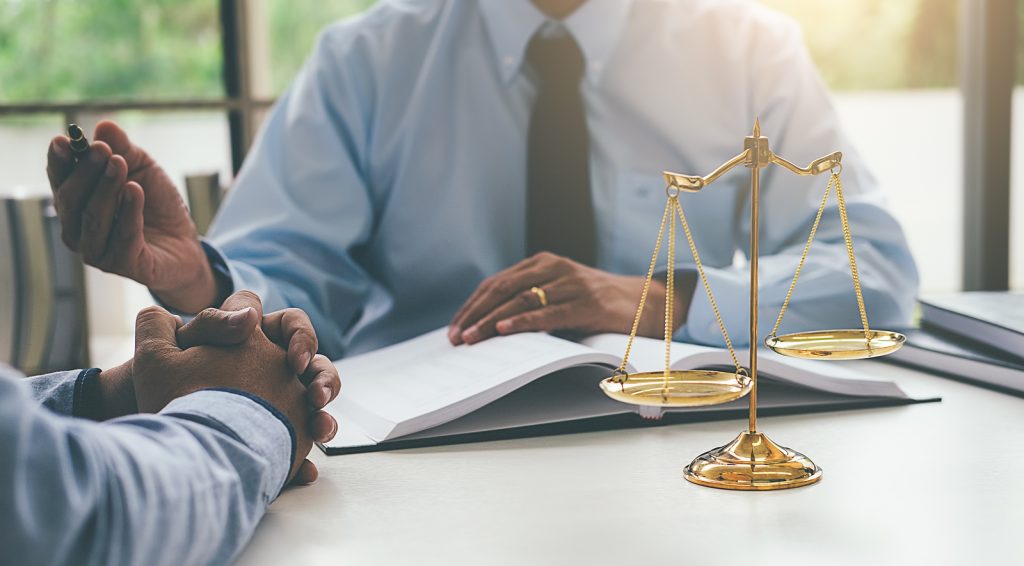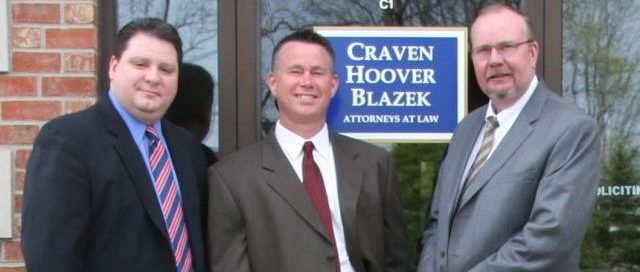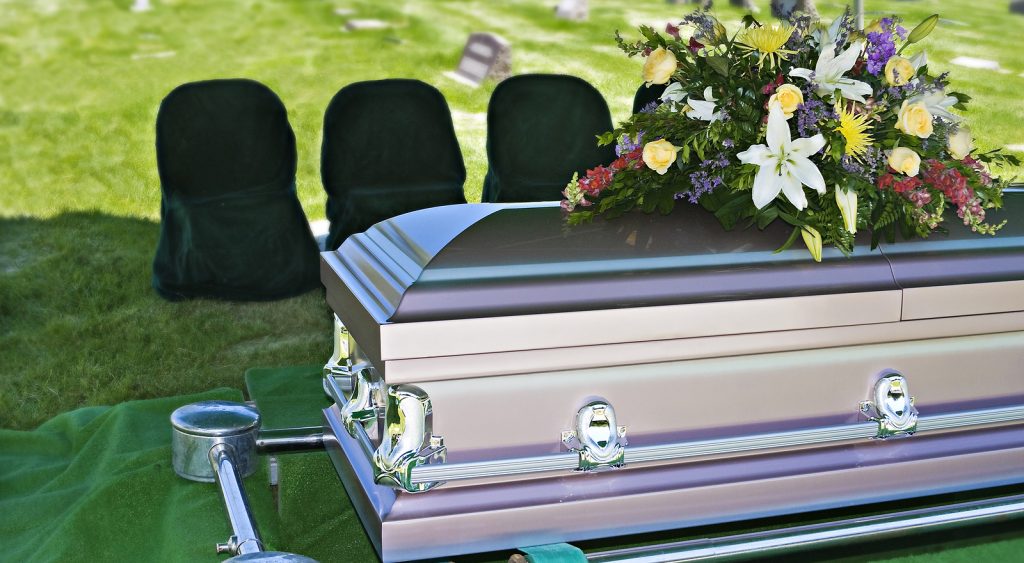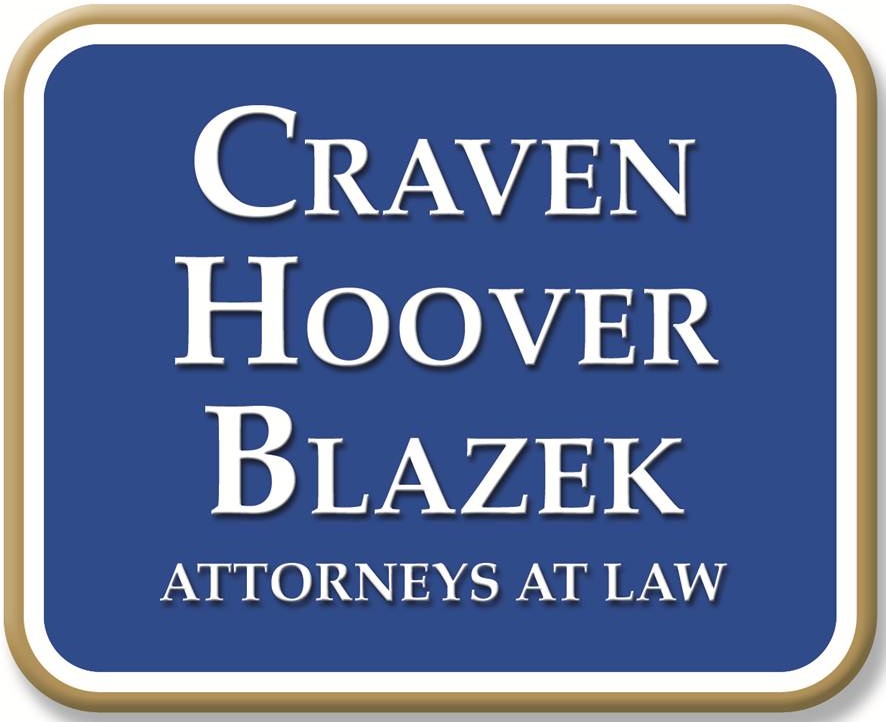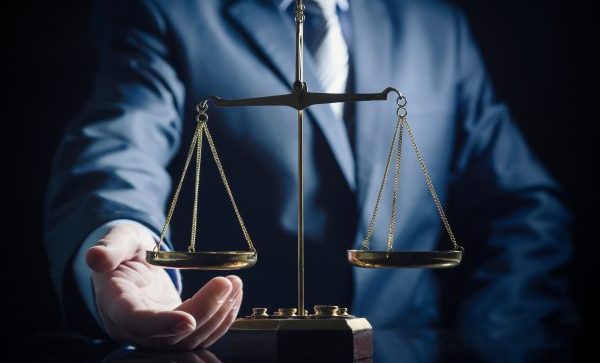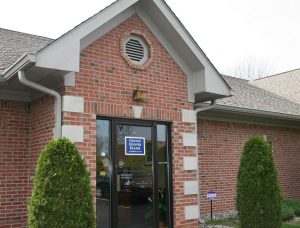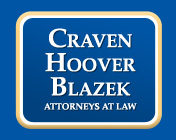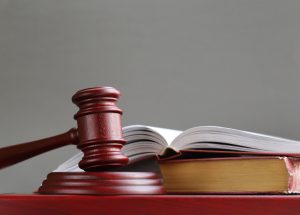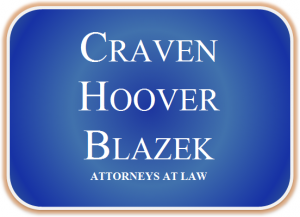When it comes to bodily injury settlements, the insurance industry wants to payout the lowest amount possible; and the tactics they use are exceedingly unfair and misleading. If you are involved in an accident claim, be sure you do not fall victim to insurance company tricks to settle low.
Continue reading to learn what you need to know about insurance settlement offers, including how to obtain the full and fair compensation you deserve.

Quick Calling
The most common and corrupt practice used by insurance companies to settle as low as possible is to contact a victim directly after their accident; usually within just a few days. Why is this unfair? Well, there is no way of telling just how extensive a victim’s damages are until they have reached maximum medical improvement (MMI). Until then, the damages can continue to add up. So, if a victim accepts a low offer upfront, before they have finished recovering, they risk making mere pennies compared to what their case is actually worth. An injury case should never be settled until a the injured person is completely healed and feels like they did before the injury or a doctor tells the injured party that they have reached MMI, which simply means the injured party has obtained as much improvement as they are going to with medical care.
Misdirection
Settling an accident claim out of court can be a complex process, and insurance companies sometimes use this to their advantage by confusing, intimidating, and manipulating claimants, in hopes that a victim will quickly accept their quick low-ball offer. For these reasons and more, hiring a personal injury lawyer to represent your accident claim and manage all insurance company negotiations is vital to your final settlement being complete. Without an accomplished legal team on the case, a victim has no way of knowing how to divert and dodge confusing insurance company tactics.
False Urgency
Although claimants have a generous amount of time to file a lawsuit, referred to as statute of limitations, insurance companies will operate as if time is running out and the claim must be settled as soon as possible. They will often urge victims to decide quickly, even implying that the offer won’t be on the table for much longer. The reality is, victims of general negligence have 2 years from the date of the accident, depending on whether or not the at-fault party is a governmental entity or not. All injured persons should consult with an attorney soon after their injuries occur.
No Attorney
Insurance companies do not want you to hire or even talk to an attorney. Insurance companies have their own attorneys on staff to assist their adjusters from day one in defending an injured party’s claim from the at-fault party’s perspective. Shouldn’t you have your own experienced trial attorney looking out for your best interests as well from day one? Absolutely.
Who to Trust for Expert Indiana Accident Claim Advice
Call the Law Office of Craven, Hoover, and Blazek P.C. at 317-881-2700 to discuss your recent personal injury accident claim in Indianapolis, Indiana. We represent the seriously injured and surviving loved ones in wrongful death cases throughout Indiana. Our experienced injury lawyers know exactly how to spot and navigate around insurance company negotiation tactics, and will recover the full and fair compensation you deserve using our adept legal knowledge and resources. We offer free initial consultations and work on contingency-fee basis, which means you pay nothing unless we recover a settlement for you. Get started by scheduling your consultation, today.


